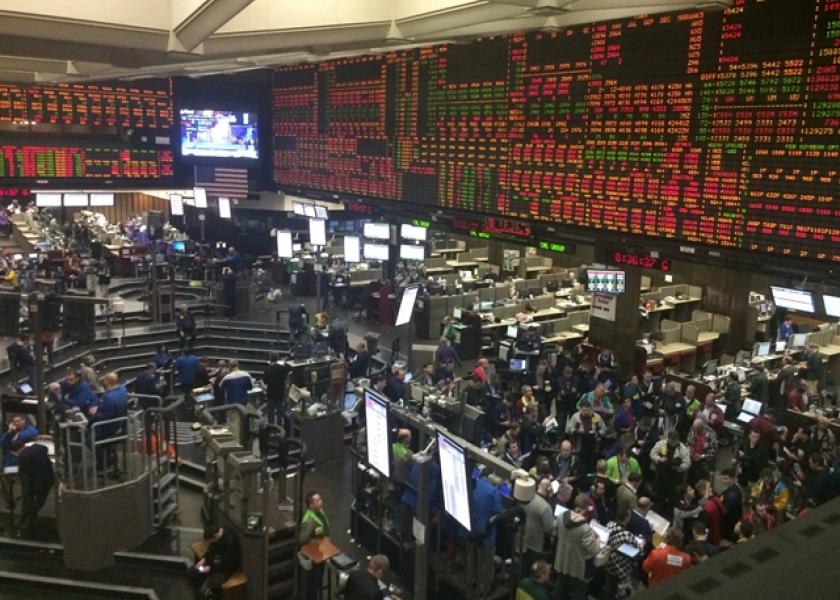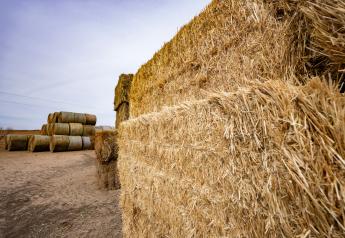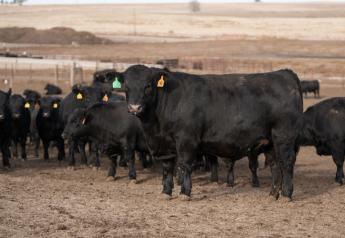Cattle Markets Broken: NCBA Sends Letter to CME

Agriculture markets can be quite unstable, but 2015 was especially volatile for cattle markets. Cattle futures dropped 16% at end of last year, a rate not seen in 34 years.
The rapid drop has cattle organizations worried about just how wild the roller coaster ride has become and why. R-CALF USA has asked the U.S. Senate Committee on the Judiciary to investigate the collapse and primarily blames large meatpackers for the fall.
National Cattlemen’s Beef Association members are looking at futures trading on the Chicago Mercantile Exchange. The cattlemen's group hosted a meeting with its members in December to explore their concerns with the state of cattle trading.
NCBA hosted a meeting with members in December to explore their concerns with the state of cattle trading.
On Jan. 13, NCBA officials sent a letter to Terrence A. Duffy, executive chairman and president for the CME Group to express members' concerns with the situation.
“For several months we have been hearing from our members across the country regarding market volatility and their concerns about high frequency trading’s contribution to that volatility,” the letter said.
It continued: “The effectiveness of cattle futures contracts as a viable risk management tool is being called into question due to the concerns over high frequency trading. In fact, we continue to hear our members question their use of the cattle contracts because the volatility has made them a tool which is more of a liability than a benefit.”
NCBA officials would like to see livestock contracts have the same limits on messaging as grain, currency and index contracts. Adding a one-second delay would help reduce messaging, according to the letter. “High frequency trading occurs at a rate faster than any human can analyze," it said. "Latency would therefore level the playing field so that everyone sees the market at the same speed."
The letter also raises the issue of “spoofing," an illegal practice where traders attempt to mislead the market and manipulate prices by placing orders they quickly cancel. NCBA would like the CME Group to “release audit trail data for analysis" so that researchers could evaluate trading behavior and market actions.
An investor and trader named Jeffrey Carter shared the letter and his thoughts in a recent blog. Carter is a former member of the CME Board of Directors.
In his blog, Carter writes, “If you talk to old cattle traders, they will tell you that their market is broken. Hog traders have echoed their sentiments. This isn’t sour grapes over losing the floor. It’s about customers like the members of the NCBA that cannot get into and out of large positions when they need to roll contracts without getting run over.The risk of hedging in the plain vanilla futures market is too great. ”







